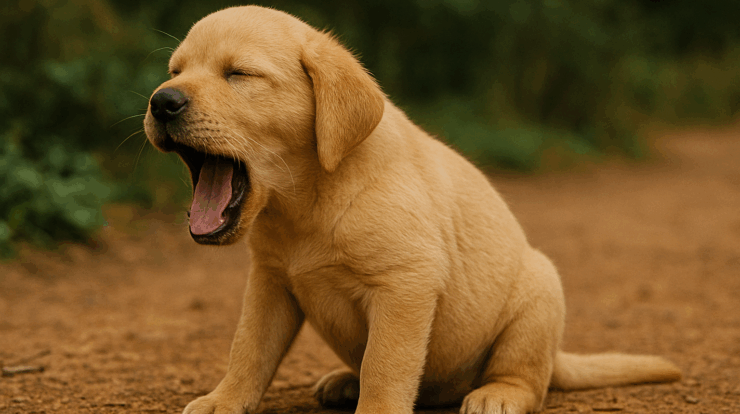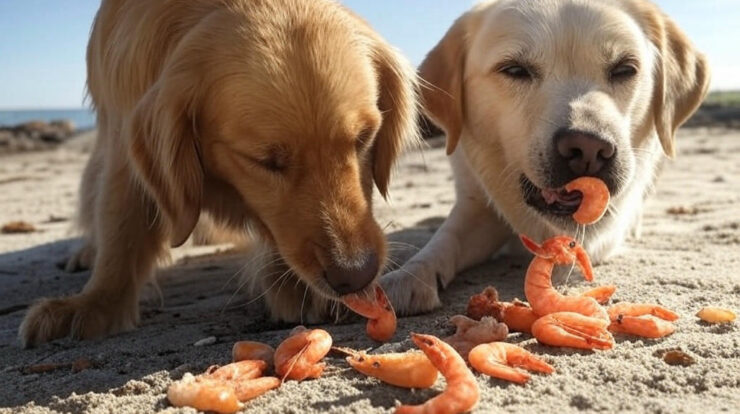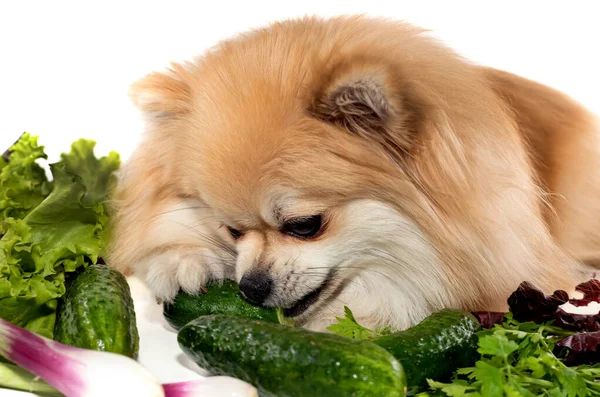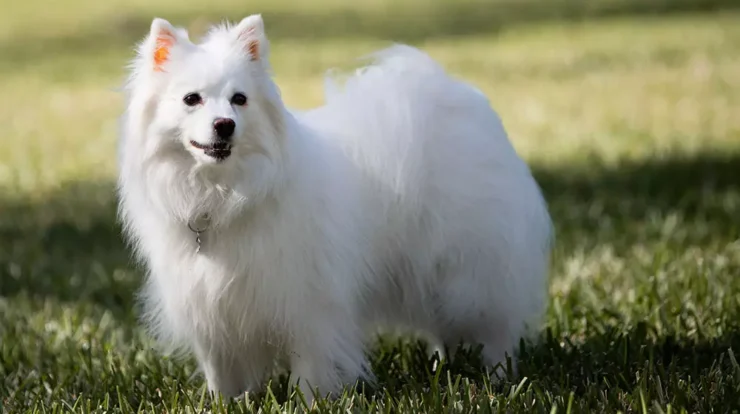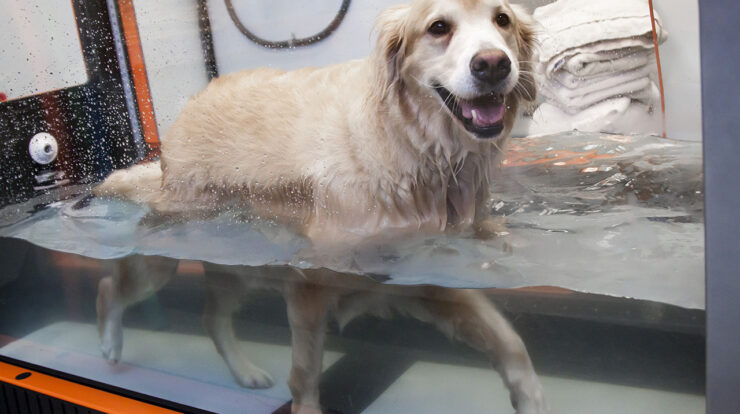Is popcorn safe for dogs? A Movie-Time Snack With a Tail-Wagging Spin
Curled up on the couch with the lights low and a bowl of buttery popcorn on your lap, you feel it just as the opening credits roll. Those peepers. Big, wide, imploring puppy eyes quietly begging, “Can dogs eat popcorn?” It seems simple, just a puffed kernel or two, but as a conscientious dog parent, you think again. Let’s solve this movie snack riddle and see whether sharing popcorn with your dog is a box office success or a dietary disaster.
What Actually Is in Popcorn? Examining the Kernel
Understanding what popcorn really is will help us to judge if dogs can eat it. Essentially, popcorn is just corn—a whole grain that bursts when warmed. By itself, it’s low in calories and high in fibre, with little levels of iron, magnesium, and zinc. While plain air-popped popcorn isn’t particularly bad, most of us don’t consume that kind. Once butter, salt, cheese, or caramel join the scene, the question “can dogs eat popcorn” gets more complex.
The Short Answer: Is Popcorn Safe for Dogs?
Dogs can eat popcorn, yes, but only if it is air-popped and salt, butter, and flavourings free. In tiny quantities, plain popcorn might be a low-calorie snack for dogs. But, the scenario alters significantly once it is soaked in toppings. Therefore, the next time someone inquires, “Can dogs eat popcorn from the microwave?” your safest answer should be: Only if it’s simple and unsalted.
The Appeal of the Crunch: Reasons Dogs Enjoy Popcorn
Crunchy textures come easily to dogs. That is the reason they eagerly consume biscuits and chew on kibble. Given such, it is understandable they would be interested in popcorn. The secret, though, is moderation when one inquires, “Can dogs eat popcorn as a treat?” Most dogs won’t be harmed by a few scattered bits; making it a habit, however, is a formula for stomach trouble.
Plain Popcorn’s Nutritional Benefits for Dogs
Although not a superfood, popcorn does offer certain advantages. Plain popcorn has dietary fibre, which can aid with digestion. It also has little amounts of magnesium and iron, nutrients helping general health. When you ask, “Can dogs eat popcorn without butter?” the response is not just yes but rather that they could really benefit slightly nutritionally from it.
When Popcorn Starts to Trouble Your Dog
Though light and airy, popcorn can be an issue. Husks can become lodged in gums or teeth, causing discomfort. Kernels that have not popped can harm a dog’s teeth and are choking dangers. When we ask, “Can dogs eat popcorn safely?” we are actually saying: only the popped portions, and only in little amounts.
The Buttery Truth: Why Toppings Are Problematic
This is actually where things become greasy. Though not made for dogs, butter, oil, cheese powder, and synthetic flavourings could appeal to us. Over time, high-fat toppings can induce gastrointestinal problems or even pancreatitis. Therefore, the response is a definite negative if your question is “Can dogs eat popcorn with butter?”
Can puppies also eat popcorn?
Tiny teeth and sensitive digestive tracts characterise puppies. Though for really young canines, ordinary popcorn might not be perfect. While the broad issue “Can dogs eat popcorn?” tends towards yes for adults, it is more cautious maybe for pups. Before adding additional goodies to a puppy’s diet, always check with your veterinarian.
Popcorn as a Training Treat: Smart or Silly?
During training, some dog owners utilise air-popped popcorn as a low-calorie incentive. In that setting, “Can dogs eat popcorn as a treat?” is a reasonable enquiry. Its texture and low fat (when plain) make it a decent substitute for more calorie-dense commercial delights; just resist the urge to throw too many kernels.
Microwave Popcorn: The Truth
Let’s discuss convenience. Many people grab for microwave popcorn, which is often heavy with salt, synthetic butter, and preservatives. Can dogs therefore consume bagged popcorn? Not safely, no. Should you share, be sure to air-pop them yourself using simple kernels. The additional minute or two is well spent for your dog’s wellness.
Is Corn Generally Bad for Dogs?
Dogs are not poisoned by corn itself. Many dog diets really include it quite frequently. Improper preparation of maize in its popped state can lead problems. Then, “Can dogs eat popcorn if they already consume corn-based kibble?” Yes, but not the buttery, salty sort you consume during a Netflix binge.
Allergy Notifications: Can Dogs Be Allergic to Popcorn?
Like humans, dogs might have dietary sensitivities or allergies. Though uncommon, certain dogs may be corn allergic. Should you have itching, vomiting, or diarrhoea following popcorn ingestion, you should cease right away. That is why saying “Can dogs eat popcorn?” should always be followed by observing their response.
How Much Popcorn is Excessive?
Feeding your dog too much popcorn might cause gastrointestinal distress or even weight increase even if it’s simple. A handful of plain, air-popped popcorn every now and then is acceptable; just treat it like a treat. Is daily popcorn consumption safe for dogs? Not advised.
Making Popcorn Safe and Enjoyable for Dogs
Looking to turn popcorn into an enjoyable activity? Hide kernels all over the house and use it as a “find it” game. This guarantees popcorn stays a unique treat and keeps your dog mentally engaged. Yes, dogs can consume popcorn—in a creative, controlled manner.
Does popcorn aid in dog training?
Plain popcorn might be helpful for training on the go as it’s light and portable. Just don’t let it be the only reward your dog gets. Could popcorn be eaten by dogs as a method for positive reinforcement? Sure, but switch with better choices include apples or carrots.
Can overweight dogs eat popcorn?
Should your dog be on a diet, you might question, “Can dogs eat popcorn to help reduce calories?” Plain popcorn in tiny amounts could be a better choice than calorie-dense biscuits. But always include snacks in your dog’s regular consumption.
Salted popcorn’s hazards
In big amounts, salt might be dangerous for dogs. Most store-bought popcorn, sadly, is somewhat salted. Should you ever wonder, “Can dogs eat popcorn from the movie theatre?” the response is emphatic no. Excessive salt could cause dehydration or perhaps sodium ion poisoning.
Mixing Popcorn with Other Treats: Yay or Nay?
Popcorn can go in a mixed treat bowl with other dog-safe foods as blueberries, carrots, or plain chicken. Simply ensure that everything is bite-sized and safe. Yes, dogs can consume popcorn as a treat mix component—but only the clean, air-popped variety.
Popcorn Balls with Caramel—Definitely Not
Let’s be absolutely clear. Is popcorn covered with sugar or marshmallow safe for dogs? Not at all. Sugary, sticky snacks not only harm teeth but also can raise blood sugar and cause weight gain. Keep to the basic things.
Can dogs thus eat popcorn? The Last Decision
Yes, but be clear, pop it yourself, and limit servings. Popcorn can be a fun, crunchy snack your dog might enjoy when eaten carefully. The key is to keep things straightforward. Saltless. No margarine. No cheddar. And definitely no caramel.
Last Reflections
There you have it, then: the final road map to that popcorn puzzle you have been considering. Is popcorn safe for dogs? Yes, they can—but only under the appropriate circumstances. Especially if given in moderation, air-popped, plain popcorn can be a light, crisp treat dogs love. Low in calories, simple to portion, and even beneficial in training environments.
Popcorn changes from a harmless pleasure to a possible health risk the instant we add butter, salt, caramel, or artificial tastes. Before throwing their dog a handful of kernels, dog owners should take into account choking hazards, gastrointestinal problems, and allergies.
Ultimately, it’s not only about responding to the query, “Can dogs eat popcorn?” It’s about knowing how, when, and why they should or shouldn’t. The next time your dog looks at you with hope during movie night, feel free to share; just be sure you’re providing the clean, nutritious version. Your dog will appreciate you with a wagging tail—and perhaps even a paw of praise.

